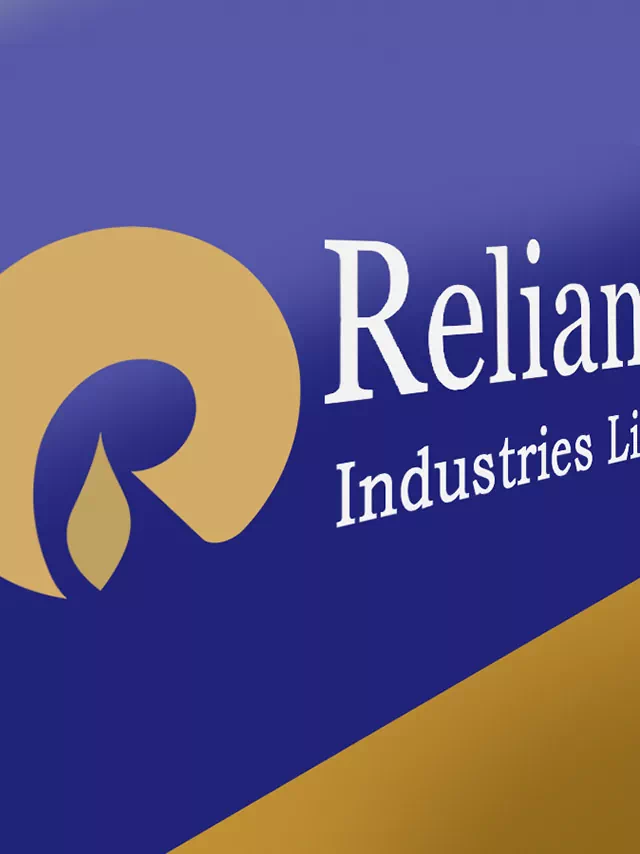Privatization can lead to the commodification of essential services and public assets, treating them as mere commodities to be bought and sold rather than as vital components of a functioning society. This can result in a reduction in public investment in these assets and services, as private corporations seek to maximize profits and reduce costs.
While proponents of privatization argue that it can lead to increased efficiency and profitability, there are also concerns that it can negatively impact the provision of essential services and result in the degradation of public resources. These concerns have led to widespread opposition to privatization in many countries around the world, with critics highlighting the potential loss of public control and accountability, decreased access to services for marginalized communities, increased costs for consumers, reduced quality of services, and negative impacts on the workforce.
People oppose privatisation for various reasons, including:
- Loss of public control and accountability
- Reduced access to services for marginalized communities
- Increased prices for consumers
- Reduced quality of services
- Job losses and wage reductions for employees
- Profit-oriented decisions over public good.
Critics of privatization argue that the transfer of ownership and control of essential services and public assets to the private sector often results in decisions being made based on profit rather than the public good. This can lead to higher prices for consumers, reduced access to services for marginalized communities, and a decline in the quality of services provided. Additionally, privatization can lead to job losses and wage reductions for public sector employees, reducing the bargaining power of workers and potentially exacerbating income inequality.
In some cases, privatization has also been criticized for lacking transparency and accountability, as private companies are often not subject to the same level of scrutiny as public organizations. This can make it difficult for citizens to hold private corporations accountable for their actions and ensure that they are acting in the public interest.
Overall, the opposition to privatization stems from concerns that the transfer of public assets and services to the private sector can result in a range of negative consequences for both consumers and society as a whole. While proponents argue that privatization can lead to increased efficiency and profitability, these benefits must be balanced against the potential risks and drawbacks associated with private ownership and control of public resources.
Another concern about privatization is that it can lead to a concentration of power in the hands of a few large corporations, which can reduce competition and limit innovation. This can also lead to a lack of diversity in the market, with fewer players and less competition, which can result in the reduced choice for consumers and reduced quality of services.
Furthermore, there are often long-term costs associated with privatization, such as the need for ongoing subsidies, tax breaks, and other forms of support for private companies, which can reduce the ability of governments to invest in other essential services and public goods.
Privatization can have long-term implications for the sustainability of public services and assets. Private companies are often driven by the need to generate profits for their shareholders, which can lead to a focus on short-term gains rather than long-term sustainability. This can result in the degradation of public resources and the reduction of services over time, leading to a decline in the overall quality of life for citizens.
Moreover, privatization can also lead to a reduction in the level of public trust in government and public institutions. When public services and assets are sold to private corporations, the public can view this as a betrayal of their trust, and a loss of control over the resources that are meant to serve the public interest. This can reduce public support for government and public institutions, leading to a decline in overall public confidence and trust in the democratic process.
In short, while privatization may offer certain benefits in terms of increased efficiency and profitability, there are also significant drawbacks and long-term risks associated with this approach. Given the potential implications for public resources, public services, and the quality of life for citizens, privatization remains a controversial and divisive issue, with ongoing debates and discussions about the best approach to managing public assets and services.
In conclusion, while privatization can offer certain benefits, such as increased efficiency and profitability, these benefits must be balanced against the potential risks and drawbacks associated with private ownership and control of public resources. As such, privatization remains a contentious issue, with strong opposition from those who believe that public assets and services should remain under public control and accountability, in order to ensure that they are managed in the best interest of the public and society as a whole.





